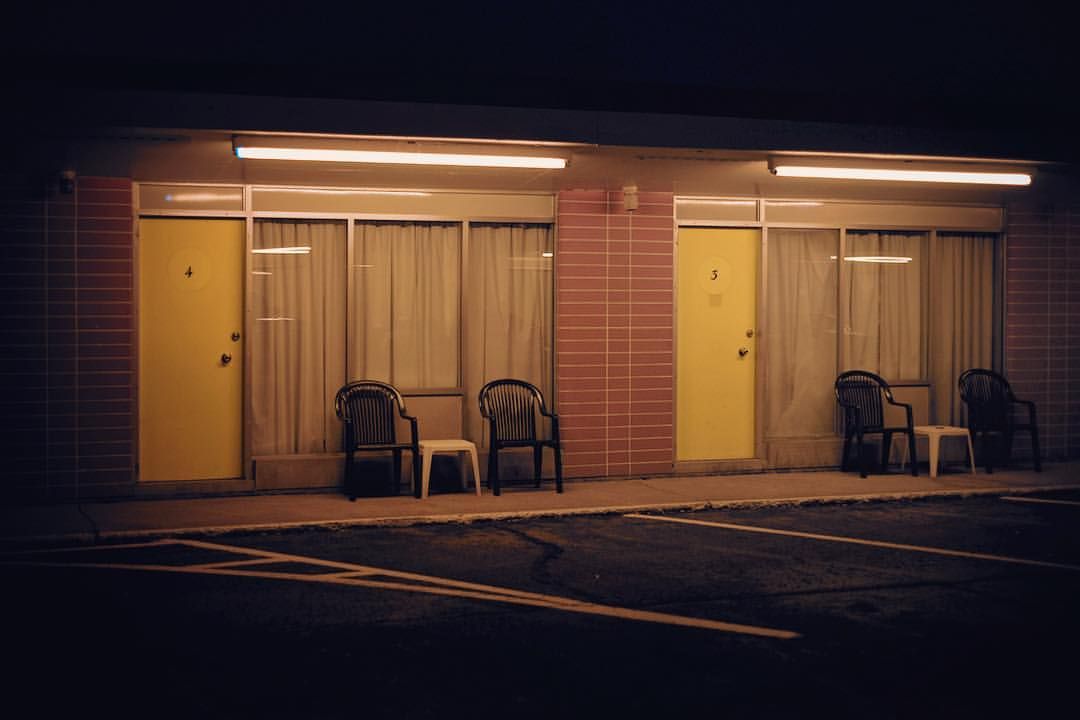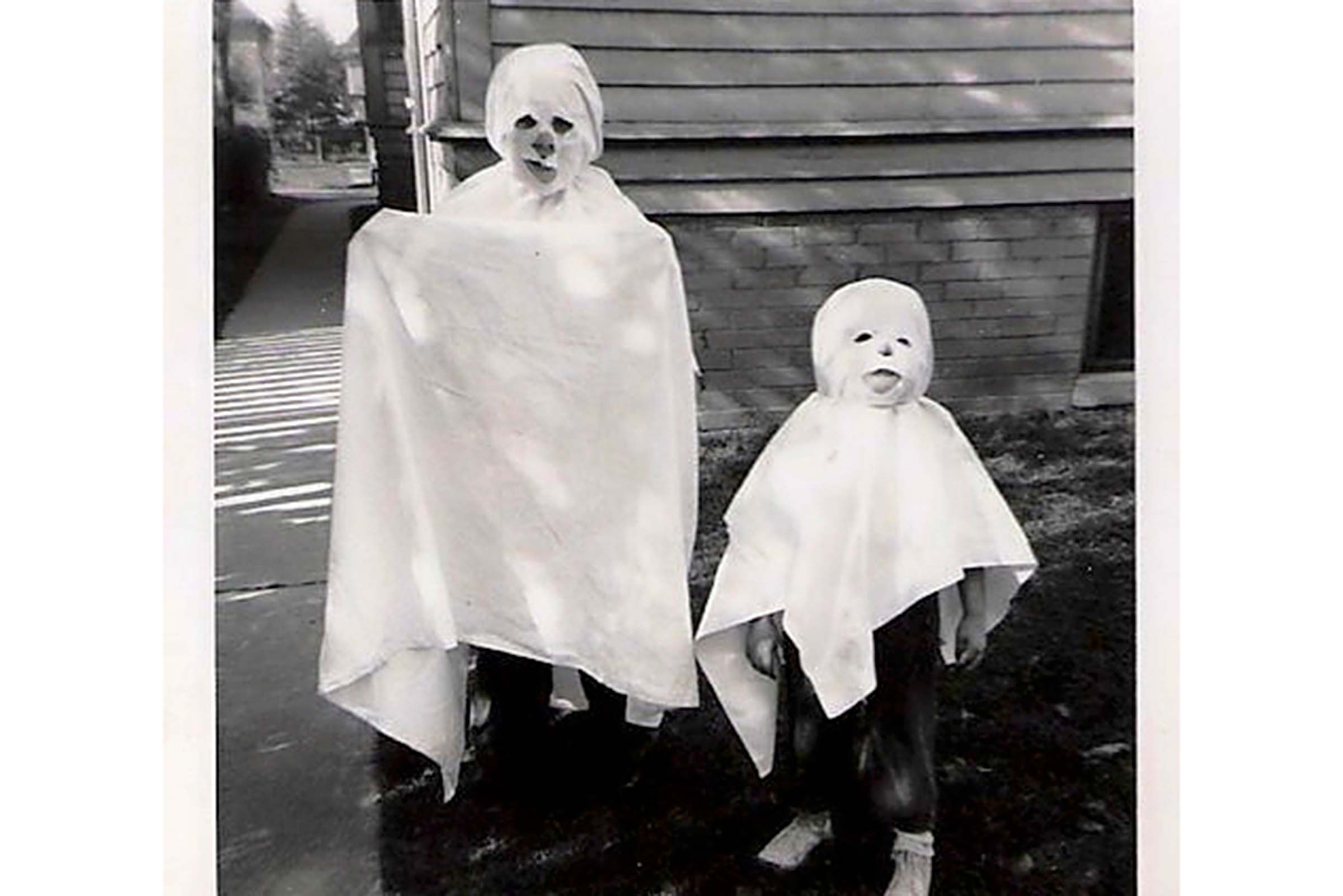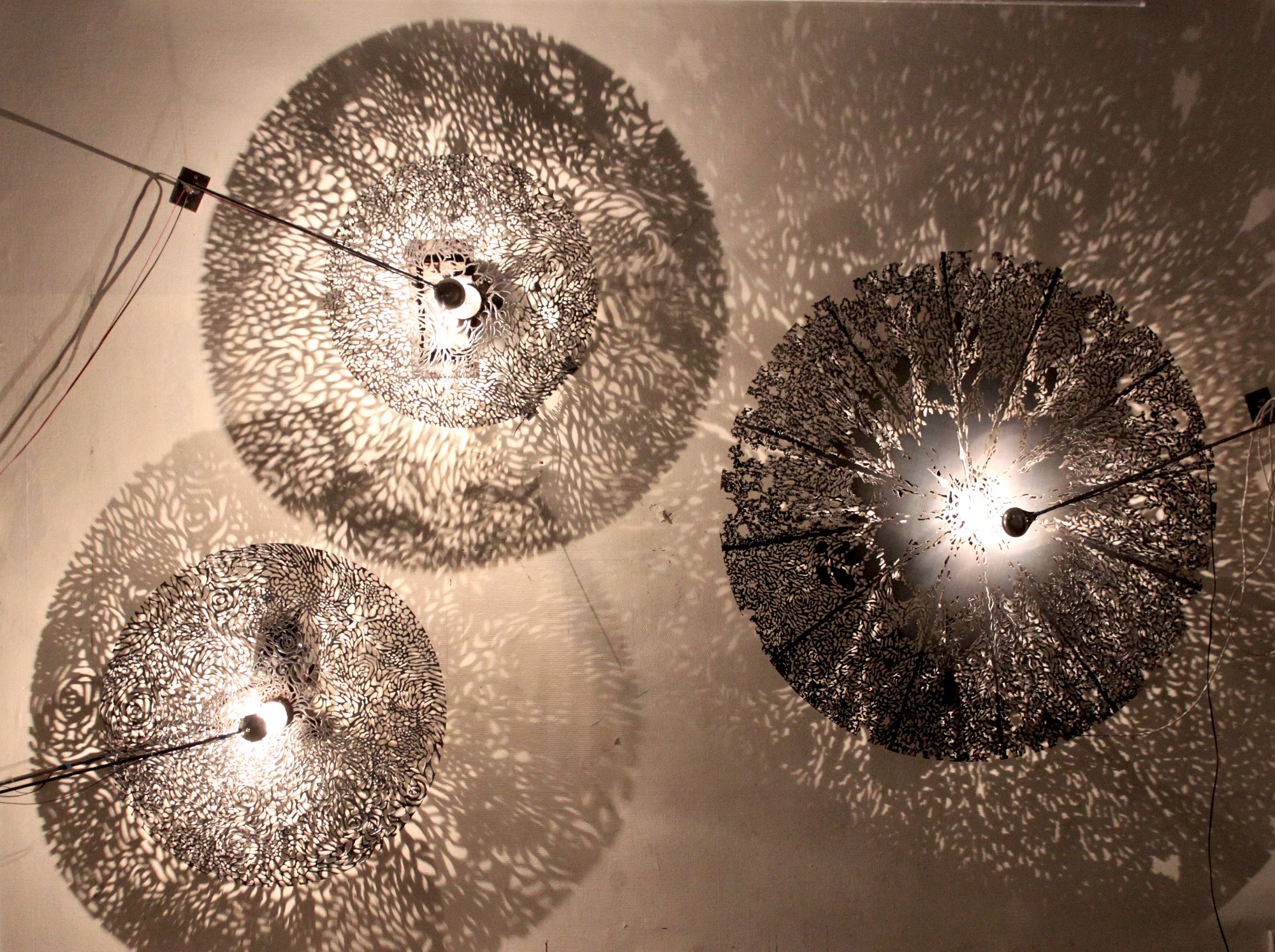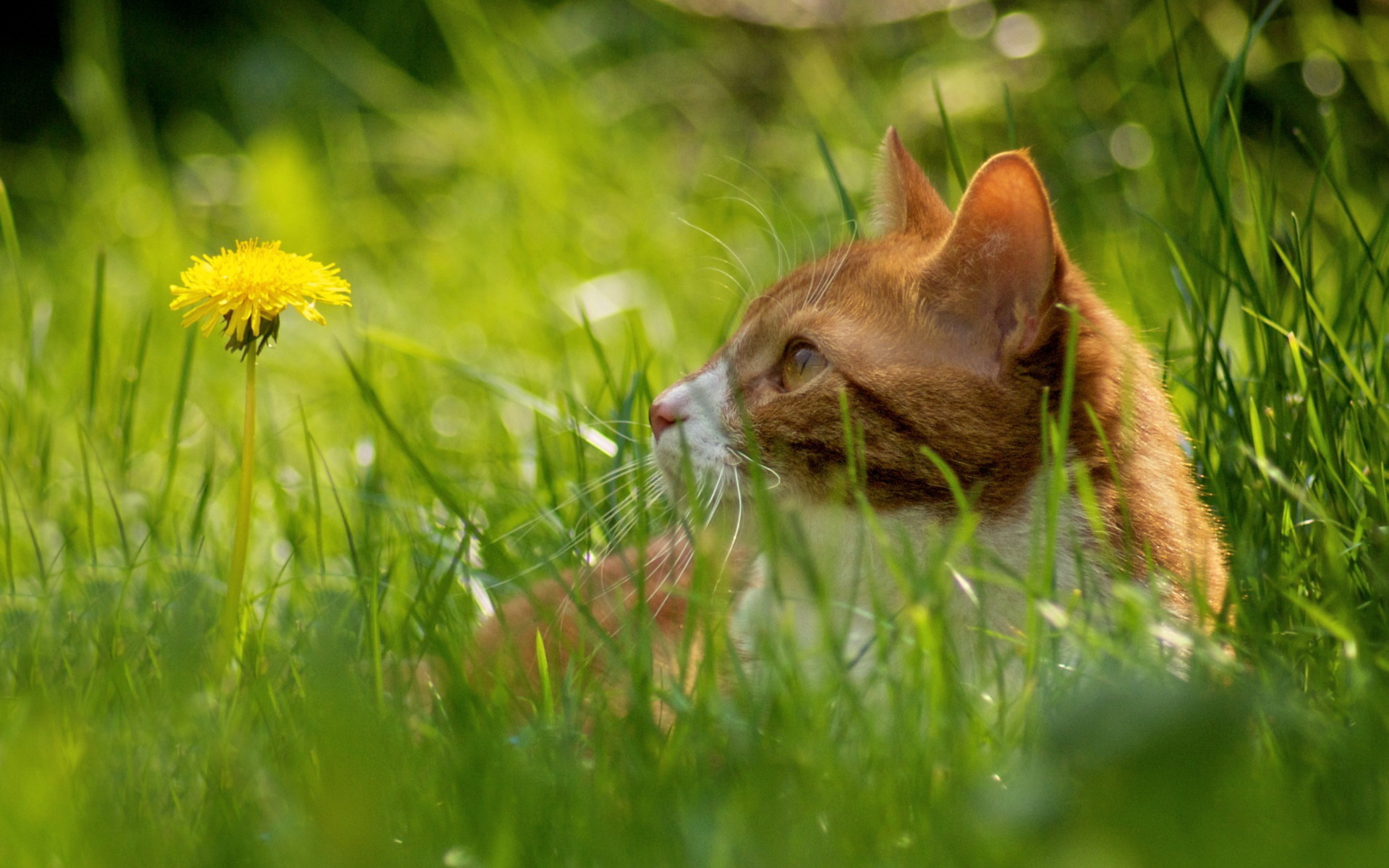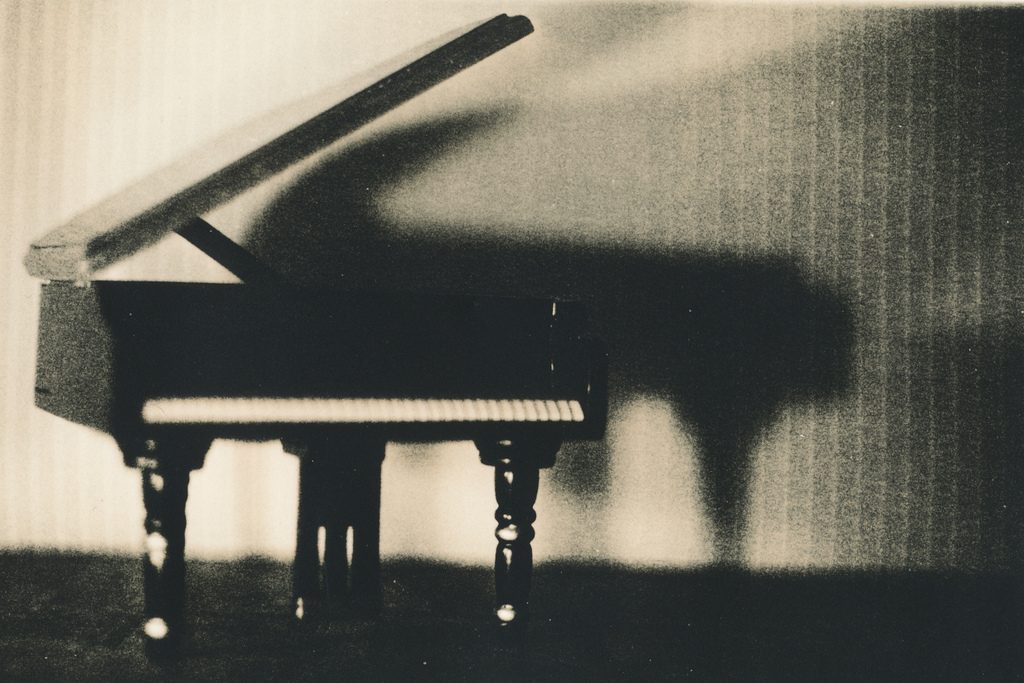
A Man of No Small Coincidence By Jack Donahue
Let’s just say his name is Charley. That’s not his real name, but it will have to do for now. It’s not that I’m afraid I’ll be sued for defamation of character because for the most part I only have good things to say about him. Well, maybe good is not the most accurate word to use. The things I have to say about Charley are all true. I don’t know whether you would consider them good or not, but I do know they’re absolutely true because every single thing I’m going to tell you about him I personally witnessed. None of it is hearsay.
Another reason for choosing a fictional name is that once I start describing what “Charley” has done, some of you will probably recognize who I’m talking about anyway. I knew a lot about him when we both lived in Chicago. But I never had the privilege of meeting him there. I met him for the first time last week in Indianapolis. Well, maybe privilege is not the most accurate word to use to describe how I felt about meeting Charley, but I can’t think of a better one right now. You see, Charley is not the nicest person in the world. A celebrity for sure, but one that you’re probably better off not encountering real close up. He is all he is and nothing more and, in my opinion, sometimes a lot less.
Here’s another word I’m not crazy about using, coincidence, but it does describe my first encounter with the celebrity, Charley. I was a last-minute replacement for the keynote speaker at the annual meeting of the American Dental Association. The original speaker who dropped out at the last minute (some joked he had an abscessed tooth) is arguably the nation’s top expert on developing methods for detecting mouth cancer in dental patients. Certainly, he would have dazzled the audience with the latest findings on this significant subject. But when I got the frantic call just days before the conference was to open, I could not promise so lofty a topic. You see, my specific expertise is indicated by my chosen speech: “The Most Efficacious Way to Advertise and Promote Elective Dental Implants.” I was assured by the ADA staff that the ballroom would be filled for my talk.
At least the lights would be dim enough so the moment I walked onstage to the lectern I would be kept in benign ignorance whether the room was filled with fellow dentists from all over the country eager to hang on my every word or only the first few rows were occupied by ADA promotional staff members. The golf and tennis tournaments weren’t scheduled until late afternoon, so I had at least a fair shot of attracting a ballroom filled with my peers. I mean, dental implants provide a huge profit center for the local dentist. Even though they are frightfully expensive and not covered in any way by most dental insurance plans, the appeal to a patient’s vanity is quite compelling. In my talk, I make sure to emphasize how often the dentist should subtly make the comparison between an old man’s removable choppers versus the new, natural looking permanent teeth locked into your jaw just like the ones God gave you.
Anyhow, I’m getting way off the topic telling you about myself rather than my encounter with the celebrity, Charley. The coincidence I referred to earlier concerns a magazine article I had just read on the plane about the very subject itself, the mathematical certainty of coincidence. The article was short and simple, but the editors did strive to present opposing points of view about the pro-coincidence movement as well as the position that there is no such thing as coincidence. “The world is so big,” one expert stated, “lots of things happen in every corner of the world every day. When they happen to us, we take special notice. Therein, lies the difference between coincidence and a commonplace occurrence.”
Fresh from the airport taxi ride to the hotel, I had to endure a mild inconvenience when I learned that my room would not be ready for another hour or so. Having that time to kill, I walked into the bar only to see Mr. Coincidence himself, Charley. He was in the process of regaling a few bar patrons with one of his legendary blowhard stories while I order a double scotch on the rocks (doctor’s orders: better than Anbesol for toothaches).
The fact I just read the magazine article on the subject of coincidence, coupled with the unexpected encounter with my fellow Chicagoan, Charley, in this hotel bar on Waterway Boulevard in Indianapolis, was worth noting. At least I thought so.
“Many years ago,” Charley started telling his star- struck fans, who were munching on peanuts and gulping down bottled beer, “I was vacationing with my family on the New Jersey shore, just driving along when my wife says out of the blue, ‘You know, Tommy’s regular temperature is 98.5 whereas Peggy’s is 98.6 like the rest of us.’ At that exact moment, I look to the side of the road and see milepost 98.5 on the Garden State Parkway. Then I pull into the Mobil station and the posted price for gas is…”
“98.5 cents,” one of the admiring fans answers automatically. The others make all the expected exclamations of how strange Charley must have felt. As was his custom, Charley pooh-poohed the suggestion the experience was out of the ordinary. “That’s nothing,” Charley says enthusiastically, “Listen to this. I pull up to the gas pump, open the car door, and take a look at the coke spill on the ground the previous driver just made, and the shape of that spill is a perfect rhomboid. At that moment, I look through my front windshield and the sun’s rays refract a perfect rhomboid on my seat cover. But here’s the weird part. The attendant comes over and asks if I’d like to apply for one of those Mobil speed passes. I look at the application on his clipboard and the coffee stain on the paper is a perfect…”
“Rhomboid!” the same volunteer hollers.
“How are the twins?” I called out from the other end of the bar. Charley does not turn
around. “Tommy and Peggy, how are they doing?”
The mention of the kids’ names got Charley’s attention. He swivels around to see where this question was coming from. The other patrons didn’t know, but I know. Charley had a local TV show for a little while back in Chicago, and he used to waltz his wife and kids in front of the TV cameras just, so those cute and adorable little people could verify his sometimes outlandish claims of high coincidence. You see, Charley was no mere teller of 98.5 cent gas price and rhomboid shaped coke spill stories. He was a bona fide seer. He predicted these things before they actually happened. And he didn’t go around trying to make them happen. They just did. In great abundance. Enough so that Charley got noticed by a Chicago TV producer, and soon, he found himself starring on a popular primetime TV show, “Mr. Coincidence,” featuring reenactments of actual events in his life. He is legitimate. No question about that. But after I mention his kids’ names, he tenses up.
“Did you hear what I just told these folks,” Charley said, staring me down.
“Yes, I did,” I dutifully respond.
“What I didn’t tell them is that if anyone of note was around to listen I would have told him that the 98.5 phenomenon was about to happen just moments before it did. And I knew about the coke spill, and the sun refracting through my windshield and the coffee stain, all before they occurred. As I watched that guy dump the contents of his plastic cup on the ground, I saw the shape of things in my mind. I know these things.”
“I know you do. I used to watch your show every Tuesday night at eight o’clock. I was a regular,” I say out loud but think to myself, ‘His wife and kids must not be of any note. I think I touched a sore spot without realizing it.’ His demeanor takes a nasty turn as we continue to converse. I was beginning to sense that my mere presence bothered him. Sometimes, his dark side would come through on his show. Even though it was taped, they could not edit out all of his telltale facial expressions. We all want our seers to be upstanding citizens, or, at the least, nice human beings and maybe even intellectuals with an aristocratic bearing combined with a common touch for more earthly beings such as myself. But he is none of these things. He turns his back on me and begins to tell his fans another story. One of them gives the bartender the sign for another round of drinks. I was not to be included in this little ensemble. But I press forward; order another scotch on my own tab, forty-five minutes away from gaining access to my room. Still bored, I decide to perform some surgery on him, in a congenial way I thought, by shoving another implant into his raw, bleeding gums. “Whatever happened to your show in Chicago?” I ask, touching an exposed nerve. He ignores me as well as any cat ever ignored his duty-bound owner. “I swear. I watched your show all the time. You deserved those high ratings. I heard you were close to syndication before … before it all ended so abruptly.”
Charley didn’t answer me then and I never heard from him what happened to his show. I was forced to stare at his back. He lowers his voice into one of those hushed tones where every word seems to carry the gravitas of exclusive, profound thought. His gathering of devotees, however, continues to laugh out loud and make all the appropriate gushing exclamations befitting their illustrious host. I didn’t know what Charley’s plans were or what business he had in Indianapolis, but it occurs to me that this little scene of his, holding court in a hotel bar, was a step down from national sponsors and millions of loyal TV viewers. When I should have been using this time to go over my speech on dental implants, I become more and more curious about Charley’s situation, even though it’s none of my damn business.
I pick up my drink and walk over to the group, taking the brunt of some cold, nasty stares. What they didn’t realize at the time was that I could stake claim to celebrity status myself, being the keynote speaker at a major convention. I stepped right in front of Charley. I had to know some things, but struggle to find the right words that would trigger a meaningful response.
“So what is it with you, Charley. Is it all just luck?”
“Hardly,” he answered curtly.
“Coincidence then?” I asked.
“Barely,” he said.
“Providence?” I offer.
“Rhode Island,” he says smartly which sends his gaggle of geese into a paroxysm of overly loud amiable beer laughs and a fit of contagious knee slapping. In that moment, the convivial atmosphere in the bar turns harsh and unwelcome, for me at least. I knew it was time for me to exit while I still had some of my dignity intact. I just wish none of those red-faced, knee-slapping drunks were dentists. But the odds are some of them are. Any mathematician would tell you there’s a one in seven chance one or two of them share my profession. But few odds makers could readily pin down the betting formula for what happens next.
I pay my tab, leave a tip for the bartender, and then pick up my briefcase. I head toward the exit. Through the spindle wood and eggshell glass barrier separating the lobby hallway from the bar area, I notice the vague outline of a woman and her two children about to enter into the dim light. I study them through the etched design of a swan, wings spread wide, alighting upon the water. The graceful bird seems to offer this fragment of a family temporary protection in the brightly lit hallway. As I drew closer, and the growing awareness of the identity of these three people start to sink into my scotch-soaked brain, I stop short of the exit and sit down at one of the small round tables.
The woman escorts her children into the far corner of the bar and settles in at a little round table just like mine. Oh my God, I think, it’s Tommy and Peggy, Charley’s twin kids and that’s his wife, or ex-wife to be more precise. Here’s a situation where I have a unique perspective. I knew I was about to see a scene unfold, just moments before it did. I could almost predict what would happen next. Charley would not be so dismissive of this little threesome as he was of me. Also, I’m not sure his bar friends would be as unkind in their silent treatment toward a woman and her two small children. I watch the kids closely. The girl sits obediently still, doing whatever mother commands. The boy has other things on his mind. He becomes restless. He makes several attempts to get up to greet his father, whose back is turned against his family. It seems that Charley is only aware of the entertainment value of his last remark, in all likelihood a retelling of some remarkable coincidence predicted by him for all the world’s historians to note.
The mother, I find out later, works as a receptionist for one of the dentists in Chicago. He is on the ADA Board of Governors, so he paid for her to accompany him to the convention. All she had to do in return was work the registration table one of the mornings. She agreed to go as long as she could take her children. After all, their ninth birthday fell on that same weekend. One morning at the table, check credentials for all dentists A through D, and the rest of the weekend she was free. Free to do what, I do not know. I am sure there is a lot to do in such a big city. A big city not that far from Chicago. I mean, Charley and the young, pretty TV producer he hooked up with could have run further away than Chicago. Yet, in Tommy and Peggy’s little minds, their father was as far away as the moon. He abandoned them and now there was the issue of unpaid child support. The TV producer, as much impressed with Charley as his current fan club at the bar, had some family as well as business connections in Indianapolis.
I noticed that Tommy tried to call out to his father, but his mother cuffed his mouth. She would be the one to speak first. I observed that at least his son still had feelings for him. Charley must have spent more time with him than the girl. Anyhow, it was sure building up to be an awkward moment for Charley. To be confronted with his past, the specter of the disenfranchised wife, the deeply hurt, neglected children, the near success of this phenomenal seer who must have known that someday there would come a moment way beyond the commonplace, weird shapes of coke spills and milepost numbers notwithstanding, when some extraordinary coincidence would take place in his life. He had to know that, given his exceptional gift for predicting the future. But Charley is no mathematician, so I am sure he was unaware of the odds of his estranged wife walking into this bar, with kids in tow, it being his stage for the moment. In a city that is not his current residence. On his abandoned kids’ birthday. The anti-coincidence theorist would say the odds were in favor of this exact thing happening, that his former wife had to get a job somewhere, and a dentist’s office was as good a place as any. The Chicago dentist paid her well. The job offered good health benefits which she certainly needed for herself and the children. And the dentist was kind to her. She needed that kind of treatment after Charley stung her so deeply. The coincidence theorist would most likely say, “Wow! What a coincidence!” I don’t know which side I would agree with, but I feel that somehow I am an integral part of the outcome.
Numerous short stories and poems written by Jack Donahue have been published in journals such as: Newtown Literary Review; Prole (U.K.); Palo Alto Review; The Main Street Rag; China Grove; Folio; The Almagre Review and others throughout North America and Europe. Mr. Donahue received his M.Div. degree from New Brunswick, Theological Seminary, NJ in 2008. He is married and resides on the North Fork of Long Island, New York.
